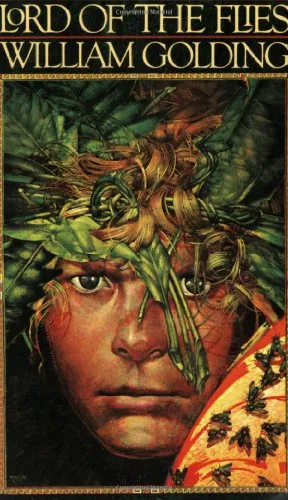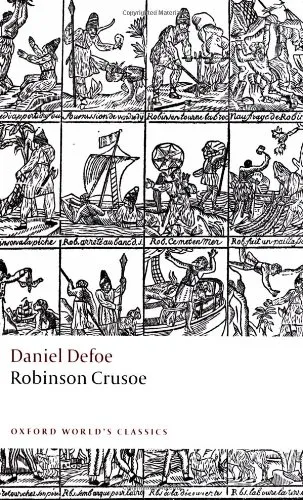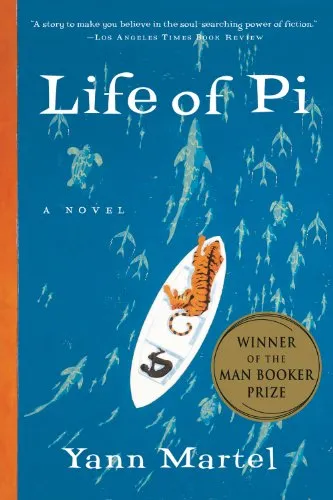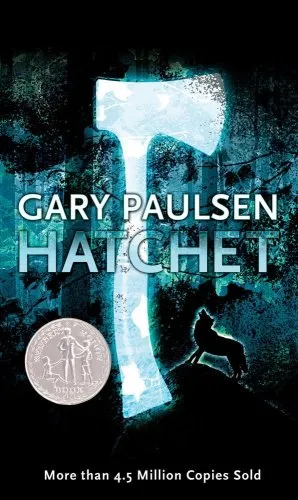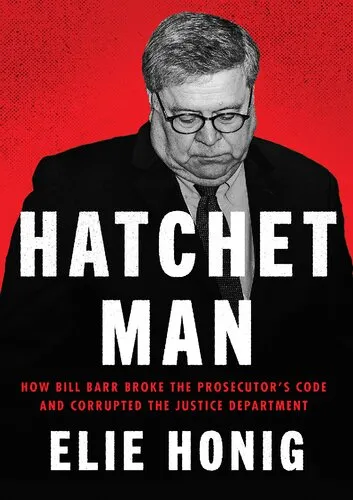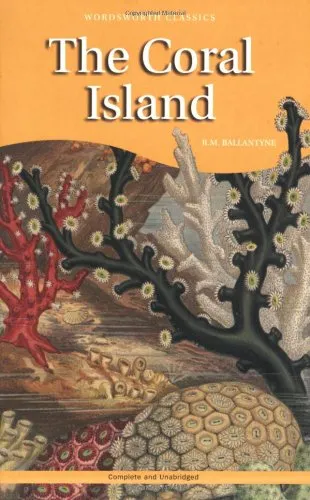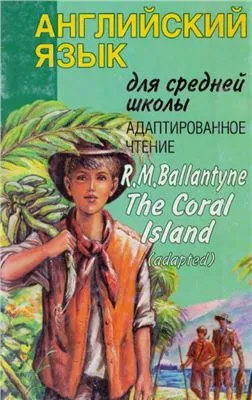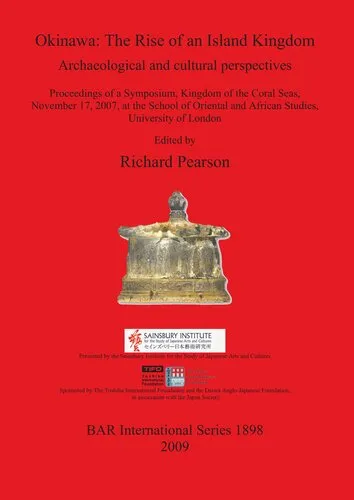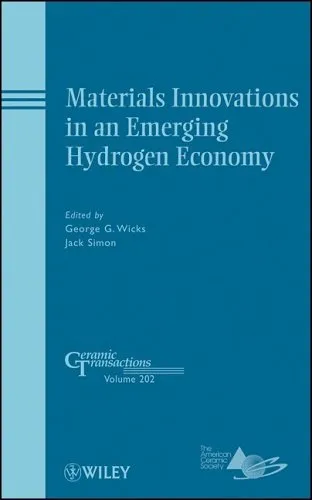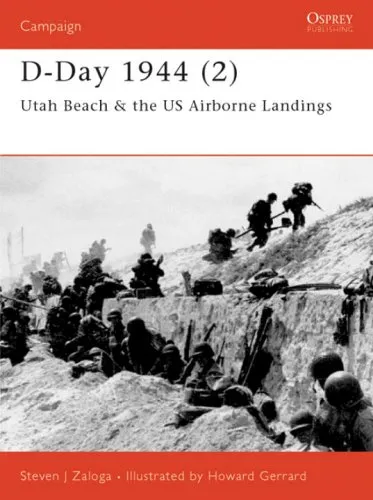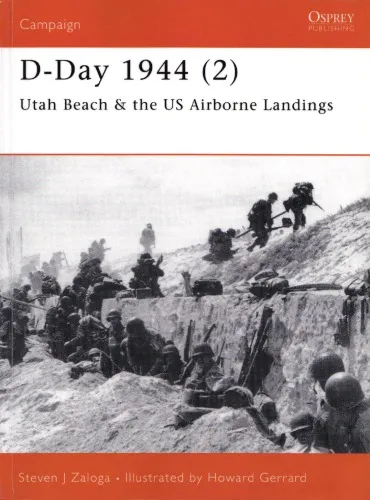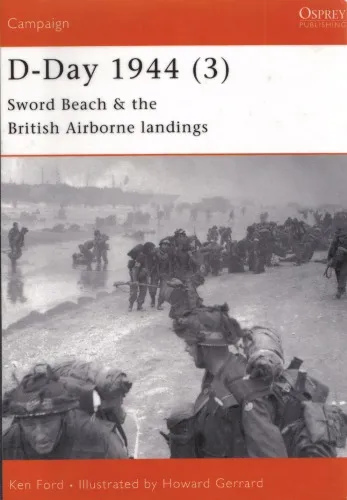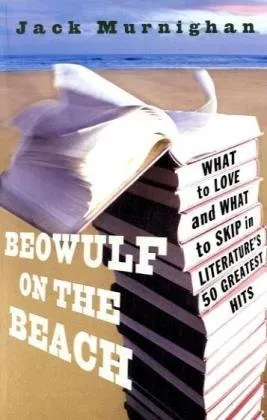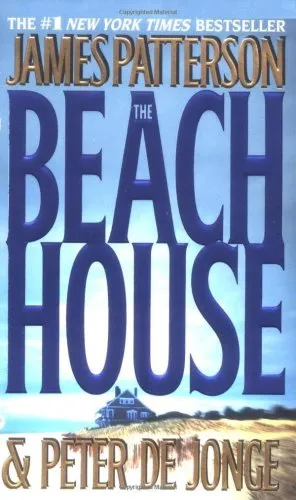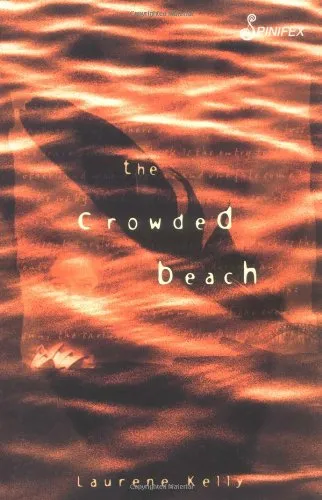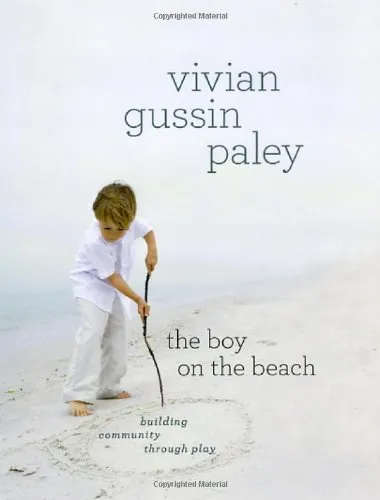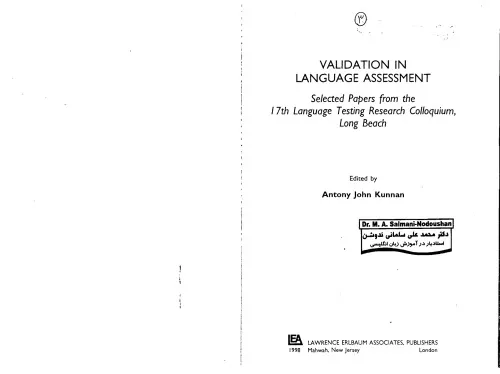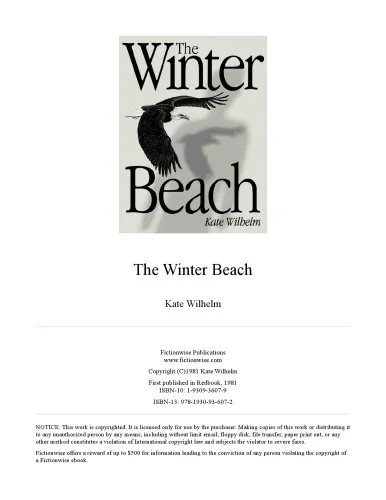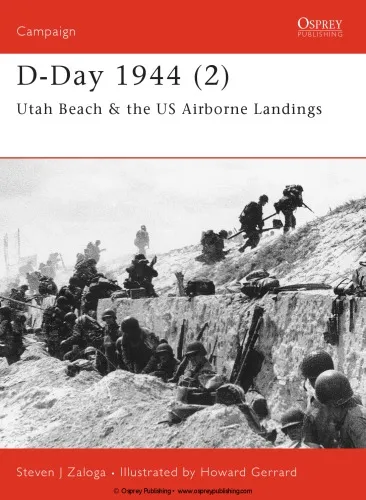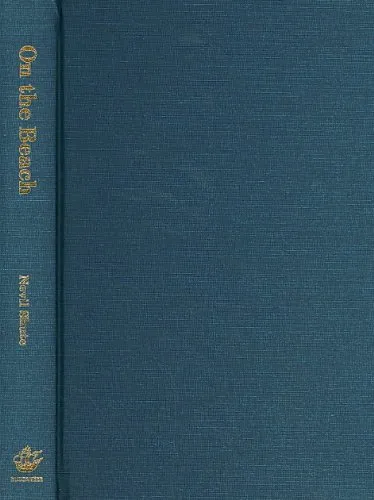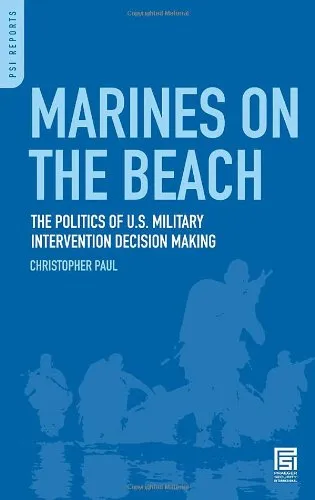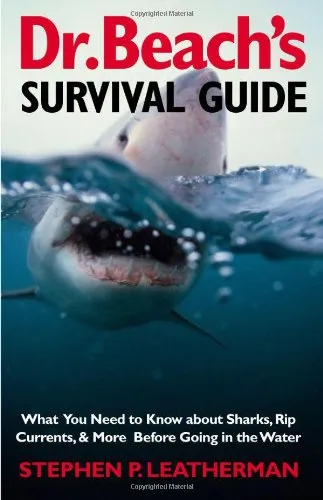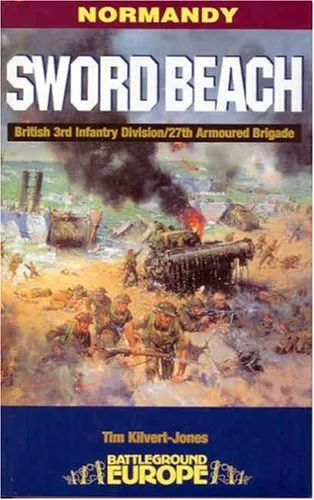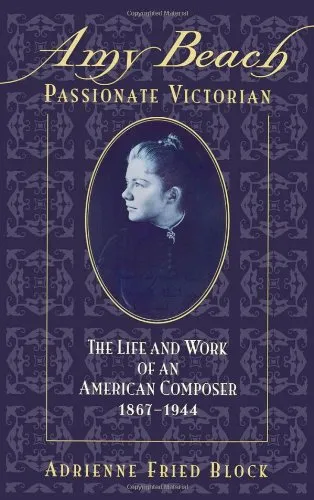Lord of the Flies (Perigee)
3.7
Reviews from our users

You Can Ask your questions from this book's AI after Login
Each download or ask from book AI costs 2 points. To earn more free points, please visit the Points Guide Page and complete some valuable actions.Related Refrences:
Persian Summary
Introduction to 'Lord of the Flies (Perigee)'
William Golding's "Lord of the Flies" is a profoundly impactful novel that delves into the intricacies of human nature when societal norms are stripped away. Originally published in 1954, this compelling narrative continues to resonate with readers worldwide, compelling them to reflect on the darkness that lurks within seemingly innocent souls.
Detailed Summary
Set against the backdrop of an unnamed war, "Lord of the Flies" unfolds on a deserted island where a group of British schoolboys find themselves stranded after a plane crash. With no adults to guide them, the boys initially attempt to self-govern, electing Ralph as their leader, who prioritizes rescue by maintaining a signal fire. However, the veneer of civilization begins to erode as Jack, the choirboy with a penchant for control, seizes upon primal instincts to gain power, leading his own faction focused on hunting and savagery.
As their makeshift society crumbles, the symbol of authority represented by the conch shell gradually loses its power. Golding vividly depicts the boys' descent into chaos through chilling scenes that exemplify the fragility of civility. The titular "Lord of the Flies" emerges as an ominous figure, the pig's head on a stick, symbolizing the inherent evil and savagery that resides within all humans.
What begins as a hopeful attempt to create order devolves into brutality, highlighting themes of power, fear, and the loss of innocence. The narrative reaches a harrowing climax as the boys' inner demons lead to violence and murder, culminating in a poignant reflection on the duality of human nature.
Key Takeaways
The novel serves as a profound exploration of the human condition, posing significant questions about morality, leadership, and the inherent evil within. Key takeaways from "Lord of the Flies" include:
- **The Fragility of Civilization:** Golding illustrates how quickly societal structures can disintegrate in the absence of order and authority.
- **The Dual Nature of Humanity:** The story exposes the thin line between civility and savagery within individuals.
- **The Power and Danger of Fear:** Fear becomes a manipulative tool, driving individuals to irrational and often destructive behavior.
- **Leadership and Authority:** The novel scrutinizes different styles of leadership, contrasting Ralph's democratic ideals with Jack's authoritarian rule.
Famous Quotes
Golding's "Lord of the Flies" is replete with poignant quotes that encapsulate its themes. Notable lines include:
"Maybe there is a beast… maybe it's only us."
"The thing is - fear can't hurt you any more than a dream."
"Ralph wept for the end of innocence, the darkness of man's heart, and the fall through the air of the true, wise friend called Piggy."
Why This Book Matters
"Lord of the Flies" is more than just a story of survival; it is a timeless parable that offers insights into the human psyche. Its significant impact stems from its unsettling portrayal of how quickly humanity can revert to brutality when left unchecked. The novel remains a critical part of academic discussions on human behavior and moral ethics. Its relevance endures as it challenges readers to confront uncomfortable truths about societal constructs and personal conscience.
Through a narrative that deftly balances suspense and allegory, Golding's work continues to invoke introspection and debate among readers and scholars alike. While the novel’s stark exploration of darkness within the human soul can be sobering, it ultimately reinforces the importance of upholding the values that define civilized society.
Free Direct Download
You Can Download this book after Login
Accessing books through legal platforms and public libraries not only supports the rights of authors and publishers but also contributes to the sustainability of reading culture. Before downloading, please take a moment to consider these options.
Find this book on other platforms:
WorldCat helps you find books in libraries worldwide.
See ratings, reviews, and discussions on Goodreads.
Find and buy rare or used books on AbeBooks.
1660
بازدید3.7
امتیاز0
نظر98%
رضایتReviews:
3.7
Based on 0 users review
Questions & Answers
Ask questions about this book or help others by answering
No questions yet. Be the first to ask!
